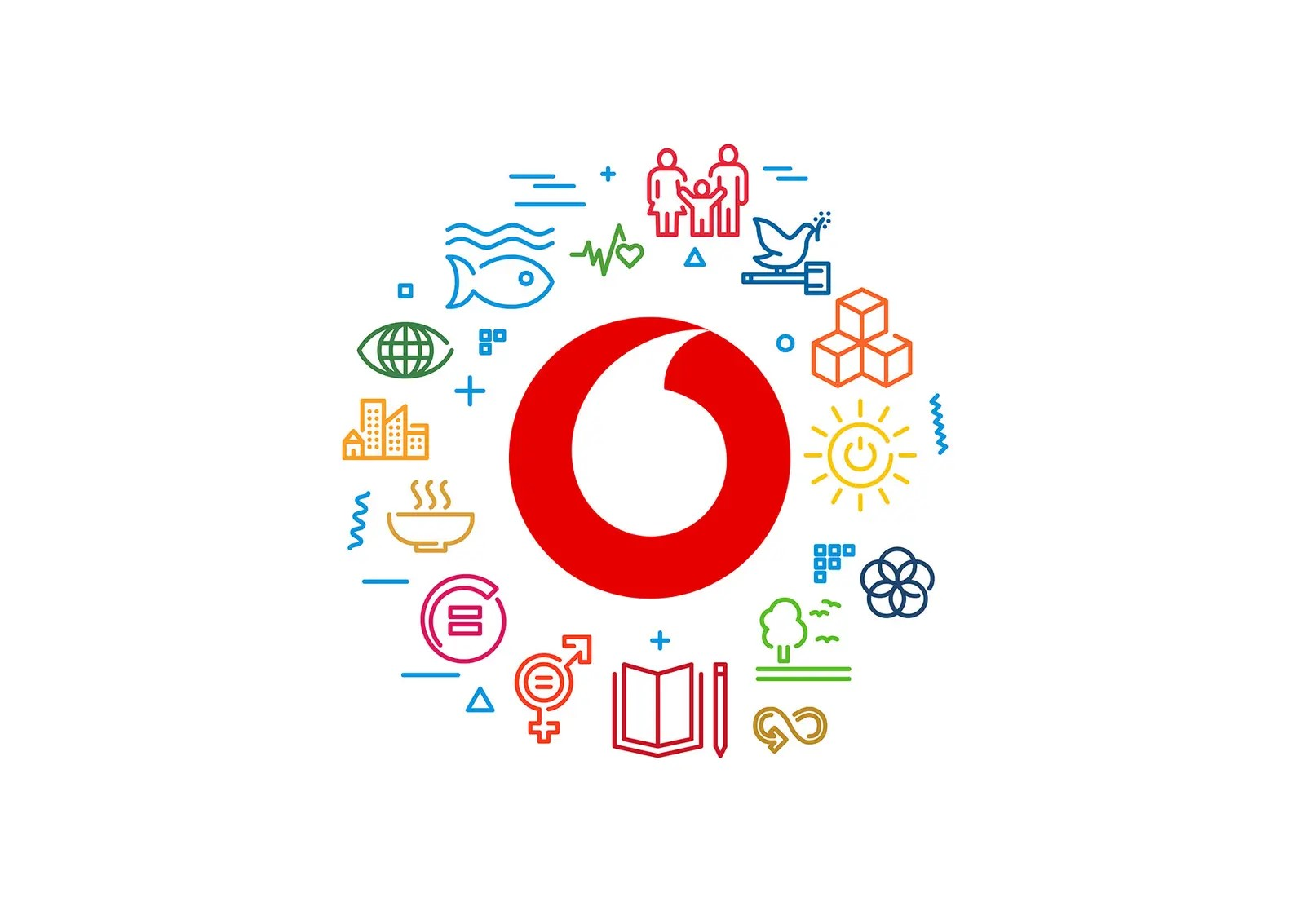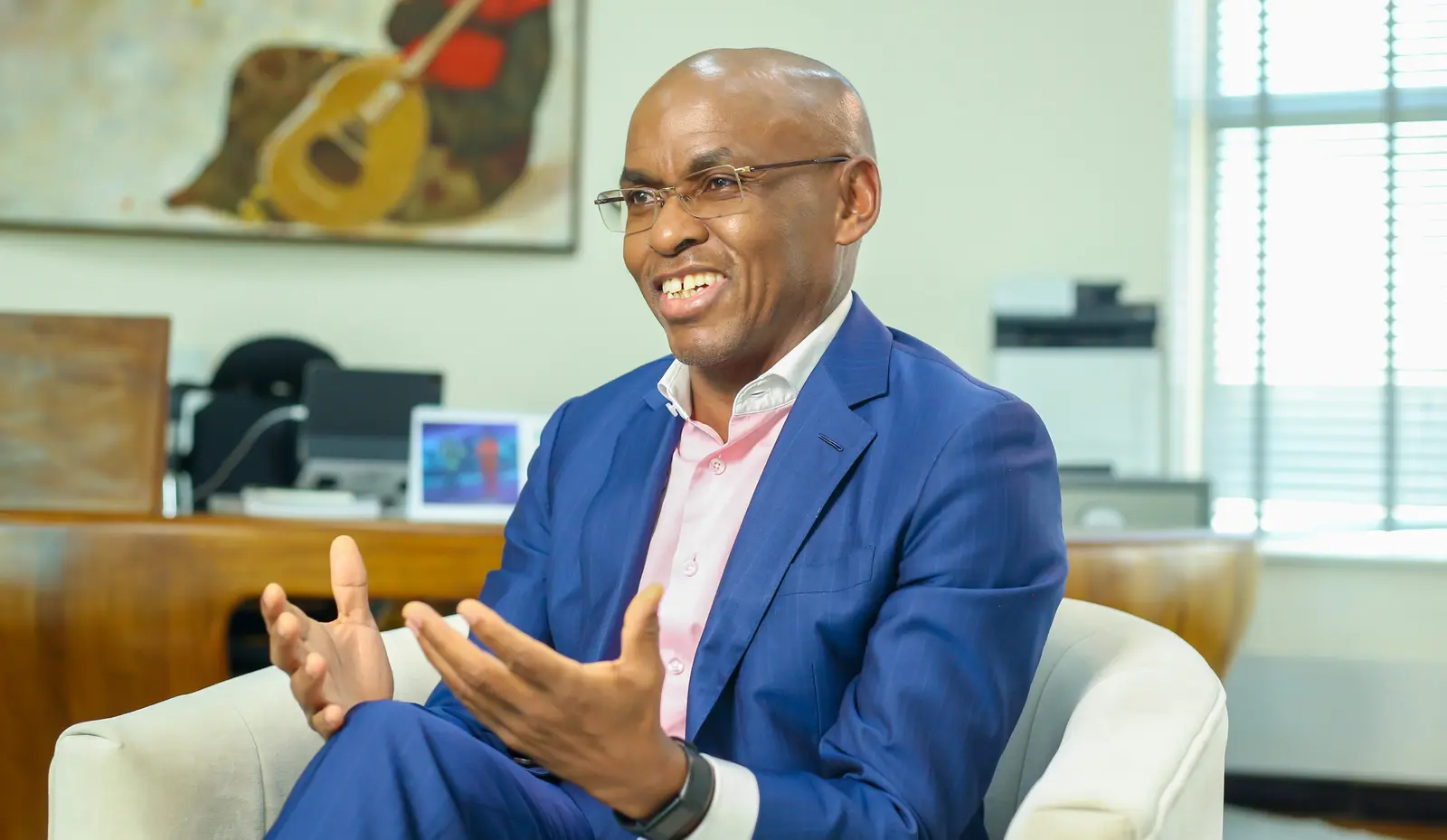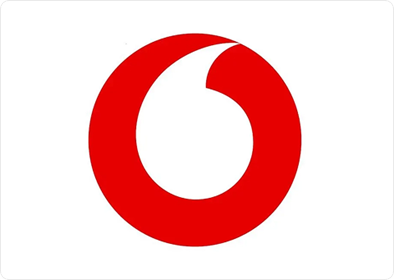On Sunday 17 September, The ITU, United Nations Development Programme and partners convened for SDG Digital at the United Nations Headquarters in New York.
SDG Digital recognises how digital technologies are key to achieving the UN Sustainable Development Goals (SDGs) and is a moment to take stock of achievements, gaps and opportunities, catalyse action, and step up digital support.
Joakim Reiter, Vodafone Group’s Chief External and Corporate Affairs Officer, spoke at SDG Digital at the ECOSOC Chamber at UN’s Headquarters in New York during a session showcasing solutions to achieve the SDGs through Digital Technologies:
The SDGs are the biggest shared vision for human progress. They begin with the pivotal aim - to end poverty in all its forms everywhere. However, midway to delivery, we have fallen behind.
Today 9.2% of the world on less than $2.15 a day.1 That’s 70 million more people living in extreme poverty than in 2019. We have just seven years to reverse this trend
The good news is that we have the collective power to achieve this objective to eliminate poverty. We can create the conditions for the poor and the marginalised to participate in, and benefit from, economic growth.
To achieve this, we must universally adopt digital technology, our greatest lever. At Vodafone, we see first-hand how democratising access to digital technologies positively affects lives and enables economic growth.
To illustrate this, let’s cast our minds back to 2007.
As with today, 2007 was a midway point - for the Millennium Development Goals. It was the year Apple launched a new product called … iPhone… which has done reasonably well.
It was also the year that Vodafone – in partnership with the UK’s Department for International Development – launched a new innovative service for the unbanked in Kenya.
We named it M-PESA: M – for mobile, and Pesa – the Swahili word for cash.
This novel concept worked by converting physical cash into e-money at mobile phone stands and shops in Kenya.
After following simple instructions on their phones, customers could then make M-PESA payments securely, over great distances, just using a simple handset, and 2G networks.
We had 20,000 customers in the first month.
Fast forward 15 years to today – as with 2007, 2023 is at midway point, this time for the SDGs.
M-PESA has grown to over 56 million customers supported by half a million M-Pesa agents across seven African countries.
It has evolved into Africa’s largest and most advanced fintech platform with 26 billion transactions – that’s two and a half times more transactions than American Express - valued at $364 billion each year.2
Today, M-PESA is integral to many other platforms with impact across sectors and SDGs – from agricultural loans to pay as you go solar power for your home.
Rather than hear me talk about the impact that M-PESA is having on people’s lives, I’d like to introduce Juliana one of our M-PESA agents in Tanzania.
Despite this hope, today we find ourselves in a two-speed world: on one hand, a high-speed digital world that, like Juliana, thrives; the other, an offline world that remains trapped in a cycle of poverty.
To end poverty, we must embrace digital technology, but an estimated 2.6 billion people still cannot or do not access the internet. To address this by 2030, we must connect one million people every single day.3
To eliminate poverty through digital there are three actions we must take:
We need to create a scaled digital funding and investment strategy to bring meaningful connectivity to everyone in the least developed countries.
We must get smartphones into the hands of those who need them
We must develop local and relevant digital applications and platforms – like M-Pesa – specifically targeting the needs of the poorest across agriculture, healthcare and education (as we will see in the following panel.)
With each day, our challenge grows more urgent.
But we can democratise technology and end poverty once and for all.
References
[1] SDG Indicators (un.org)
[1] 2.6 billion people to connect in 2,662 days (17 Sept 2023 – 31 Dec 2030) = 977k, rounded to 1million

























